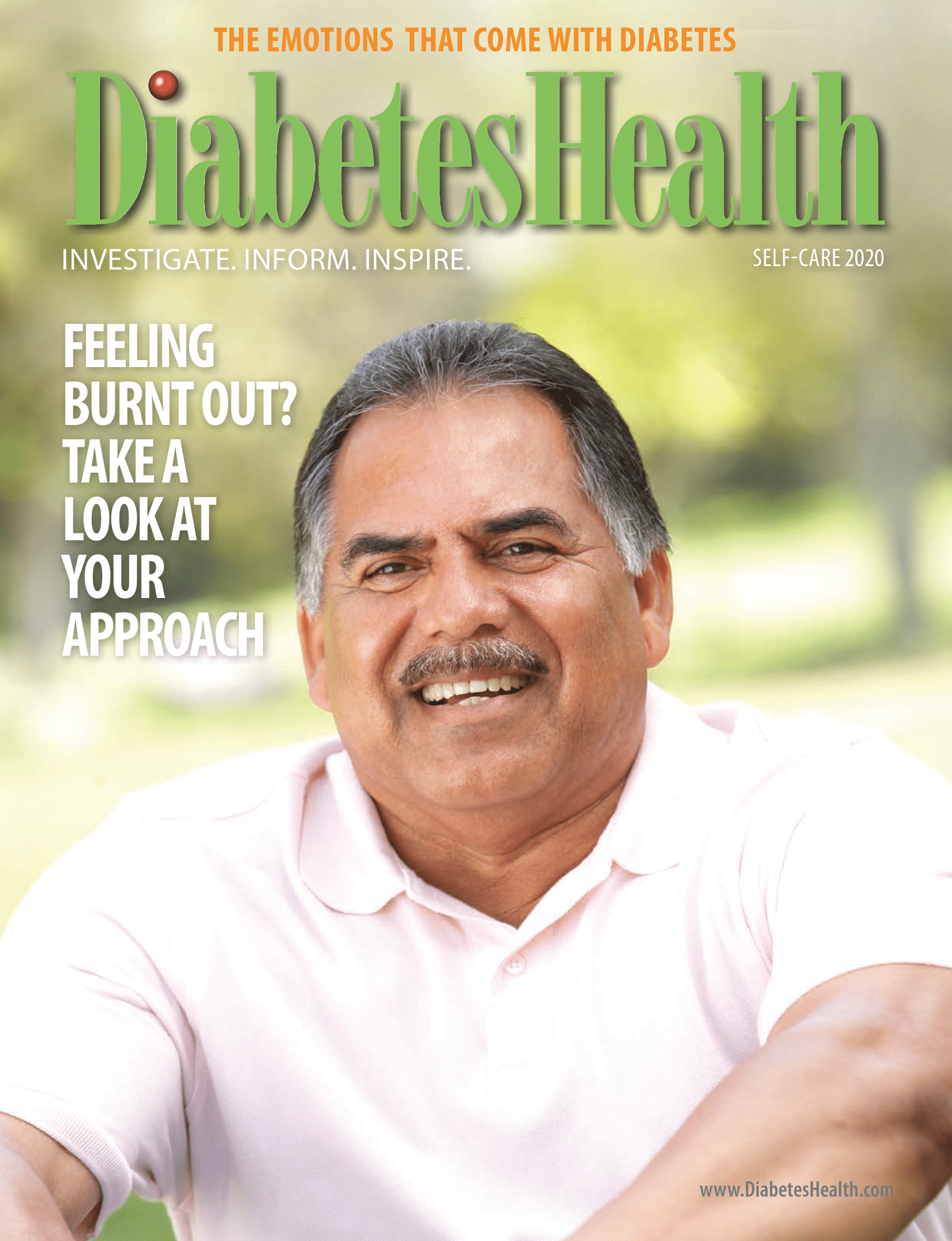Care for Your Brain and It Will Care for You
One organ that doesn’t receive as much attention as the heart, liver, or pancreas is the brain. From the time I was a little girl, I’ve thought about how the brain is the only organ that thinks about itself. It would not occur to a liver or a heart to think of anything.
But beyond the brain’s self-awareness is its crucial importance in maintaining our health, especially for those who have diabetes.
The brain’s role ranges from learning how to track and treat blood sugar levels to dealing with the depression or sense of futility that people with diabetes can often feel. I sometimes think of my own brain as a master puppeteer, flawlessly coordinating the movements of a dozen marionettes simply by pulling the right strings at the right time.
But for that to happen, the brain, for all its power and versatility, has its own needs: proper nutrition, proper blood flow, and, especially with people who have diabetes, proper control of their disease.
So we’ve dedicated this edition of Diabetes Health to “brain care,” meaning facts we should know about for keeping our brains healthy and for avoiding common problems that can affect them. The four articles addressing this theme are, “What’s Leaky Brain and How Do You Treat It?” (page 11), “Keeping Your Independence With a Healthy Brain” (page 14), “Memory Loss as We Age” (page 26), and “Can Circadian Rhythm Eliminate Metabolic Syndrome?” (page 7). The circadian article describes an intriguing approach to managing diabetes, based on the brain’s “inner clock” that we all possess.
Related to the theme is “Are You Suffering from Diabetes Information Overload?” (page 18). This is a question that also applies to caregivers and healthcare providers—the more that non-diabetic friends and family know about diabetes the better. But there does come a point when we can become overwhelmed by all the data and information out there. How do we deal with it?
On a very practical note, I answer a reader’s question in “Ask Nadia” about how to calculate an A1c from his blood sugar ranges. Knowing how to do this is something that helps everybody with diabetes better understand and manage the disease (page 20). Endocrinologist Wendy S. Lane, MD, discusses some new treatments that are in the offering for people with type 1 diabetes, including improved insulin pumps and longer lasting basal insulins (page 22).
And, speaking of brain food, here are two great recipes from my Sugar Happy Kitchen, a low-carb burrito bowl (page 28) and a low-carb morning frittata (page 30). If I were Italian I would say, “Mangia!” But I’m not, so I’ll just say, “happy eating!”
Nadia Al-Samarrie
Founder, Publisher,Editor-in-Chief






Reviews
There are no reviews yet.